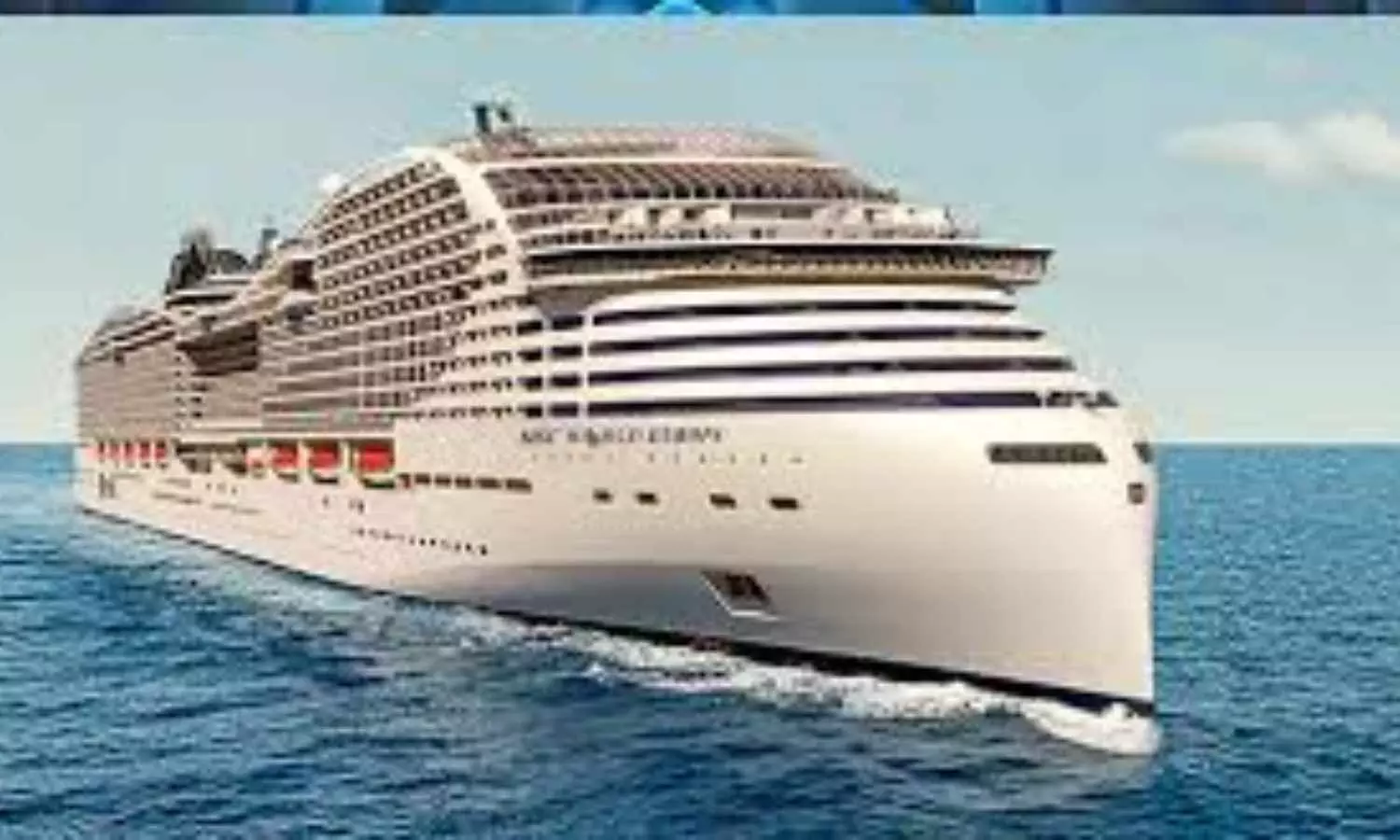The Future of Cruise Retail
Explore the future of cruise ship retail—discover emerging trends, onboard shopping innovations, digital transformations, sustainability initiatives, and how cruise lines are enhancing passenger experiences through personalized, immersive retail environments.
The Future of Cruise Retail

The future of cruise retail is bright and dynamic, with a strong focus on enhanced
personalization, technological integration, and sustainable practices. Cruise lines are leveraging
AI and data analytics to create more tailored shopping experiences, while also prioritizing
experiential and experiential offerings that cater to diverse passenger demographics.
Sustainability is also a key focus, with cruise lines committing to net-zero goals and
implementing eco-friendly initiatives.
"The industry is also an essential economic driver, contributing over $168 billion to
communities around the world, supporting 1.6 million jobs and investing tens of billions today
in the sustainable fleet of the future."
While only two percent of global tourism, the cruise sector has significant economic impact in
communities around the world, generating over $168 billion in global economic impact in 2023
– the highest on record. In the U.S., the cruise industry supported over $65 billion in total
economic impact in 2023, supporting 290,000 jobs and $25 billion in wages and salaries.
In addition, the cruise industry's impact benefits communities around the world through local
sourcing of goods and services, and spending before and after each cruise as 69% of passengers
stay one or more nights in a hotel. Additionally, 6 in 10 cruisers return to a destination they first
visited by cruise, extending the economic impact of cruising to communities well into the
future.
The global cruise industry welcomed 34.6 million cruise passengers in 2024, with 37.7 million
expected in 2025.
North America remains the top source market for cruise, with a 13% increase in 2024 over
2023.
In 2024, Caribbean/Bahamas/Bermuda itineraries remained the most popular, with 43% of all
cruise passengers sailing to the Caribbean in 2024, followed by the Mediterranean and other
European destinations.
CLIA member lines will welcome 11 new ships to the global fleet in 2025; 56 new CLIA member
ocean-going ships are on order from 2025-2036, representing a $56.8 billion investment and
proof of the confidence in cruising's future.
To put the industry growth in context, over 70% of cruise ships are small to mid-size – both now
and through the 2030 orderbook.
Duty-free retail on cruise ships is thriving in 2025, driven by a surge in global travel and a focus
on enhanced onboard shopping experiences. Cruise lines are expanding their retail offerings,
incorporating more luxury brands, personalized experiences, and interactive elements to
attract passengers.
Duty-free and travel retail refer to the sale of products to travelers that are exempt from
certain local or national taxes and duties. These sales typically occur in international zones such
as airports, border shops, cruise ships, and onboard international flights. It offers a unique
shopping experience focused on convenience and tax savings for international travelers.
The duty free and travel retail market size has grown rapidly in recent years. It will grow from
$48.15 billion in 2024 to $55.33 billion in 2025 at a compound annual growth rate (CAGR) of
14.9%. The growth in the historic period can be attributed to growing global travel, increasing
disposable income, the expansion of duty-free stores, rising tourism, regulatory changes in
duty-free allowances, and increasing promotional offers and discounts.
The duty free and travel retail market size is expected to see rapid growth in the next few years.
It will grow to $95.66 billion in 2029 at a compound annual growth rate (CAGR) of 14.7%. Major
trends in the forecast period include digital integration, omnichannel retailing, personalization
and customization, the popularity of eco-friendly products, a focus on health and wellness
products, and the emergence of luxury and premium offerings.
It is not uncommon for travelers to bring discretionary funds to buy souvenirs or to roll the dice
at the casino. The average cruiser might look to buy alcohol and cigarettes at the duty-free
shops, but these shops can also offer significant opportunities to save on bigger purchases.
Cruise ships are actually a good place to buy gifts for your loved ones, since people frequently
celebrate special occasions, such as anniversaries and birthdays, on board. Ships' duty-free
shops could even make high-end purchases more affordable by avoiding the exorbitant tariffs
placed on international products.
While airports represent the majority of such sales globally, Duty Free & Travel Retail is also
available at some border shops, cruise and ferry shops on vessels in international waters,
onboard aircraft during international flights, at some international railway stations, and for the
provisioning of ships sailing in international waters. It can also include city centre stores where
proof of travel is required for purchase. In many states, and in certain international institutions,
the right to buy Duty Free goods is accorded to diplomatic and military personnel stationed
outside their native country.
Vincent Fernandes

